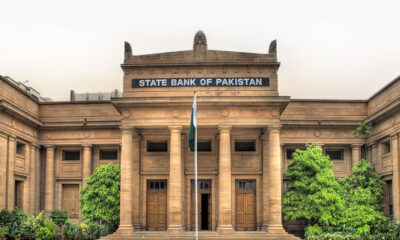Business
Elon Musk puts X’s TweetDeck behind paywall to prop up revenues
-

 Business13 hours ago
Business13 hours agoThe International Monetary Fund (IMF) and Pakistan have initiated discussions at the policy level.
-

 Latest News13 hours ago
Latest News13 hours agoThe bail petition of Parvez Elahi in the Jinnah House attack case has been rejected by the ATC.
-

 Latest News14 hours ago
Latest News14 hours agoAbbasi says that Pakistan’s functioning will not be efficient without implementing improvements in the system.
-

 Latest News14 hours ago
Latest News14 hours agoAitchison College appoints a new principal.
-

 Latest News14 hours ago
Latest News14 hours agoPakistan and Turkey have reached an agreement to enhance their bilateral commerce to a total of $5 billion.
-

 Latest News14 hours ago
Latest News14 hours agoAdditional Pakistani students evacuated from Bishkek, which has been affected by unrest.
-

 Latest News14 hours ago
Latest News14 hours agoStatement from the chief meteorologist regarding the Karachi heatwave:
-

 Latest News14 hours ago
Latest News14 hours agoThe matriculation exams in Karachi have been rescheduled.
























